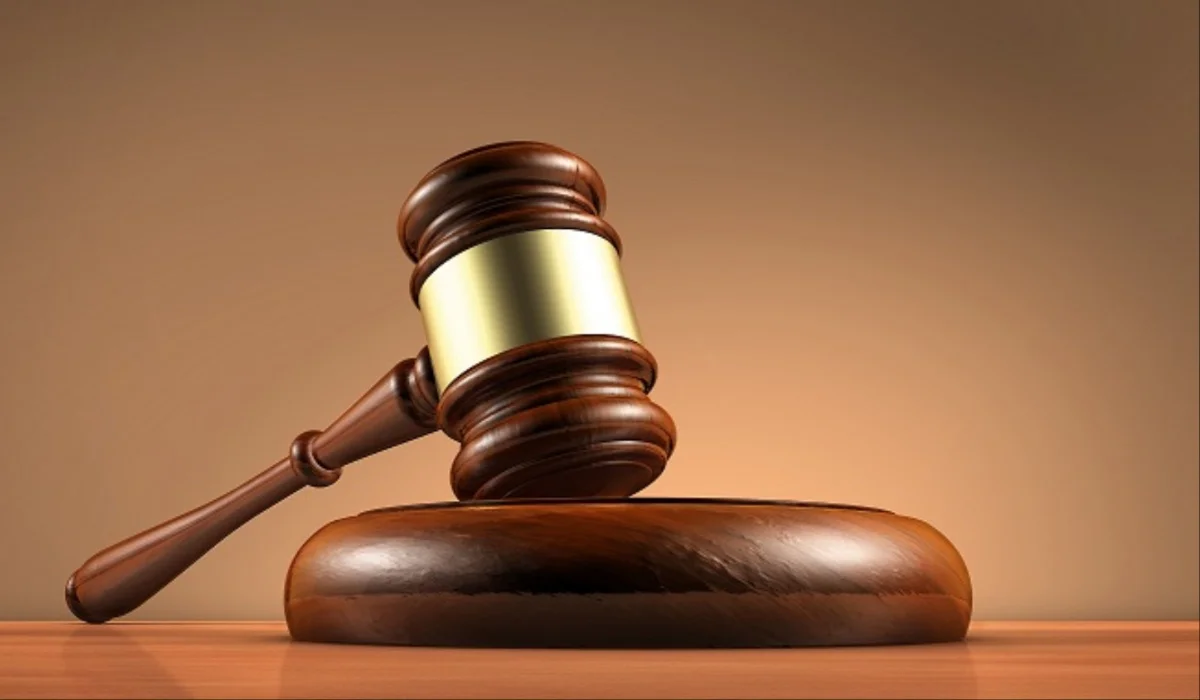A groundbreaking court decision has allowed the public to film police activities in public spaces, marking a significant victory for police accountability.
Jacobs’ quiet documentation of the scene without interference led to his abrupt detention for over 24 hours without a proper explanation of charges.
Court Delivers Powerful Message on Civil Liberties
Judge Mpostoli Twala’s ruling awarded Jacobs R250,000 in damages while establishing critical legal precedent. Myron Mer, director at Fluxmans law firm, emphasizes the judgment’s broader implications:
“This affirms that every South African – not just journalists – maintains the constitutional right to observe and question police conduct through recording, provided they don’t physically obstruct operations.”
ALSO READ: WATCH: Female Soldier Strips Down to Underwear in Viral Video, Sparks SANDF Warning
Constitutional Rights vs. Police Powers
The court clarified that citizens legally retain these fundamental rights:
- Right to document law enforcement activities in public spaces
- Right to question police conduct
- Right to receive explanations about police actions
Judge Twala explicitly stated that such actions cannot be construed as interference with police duties when conducted appropriately.
Strengthening Police Accountability
This ruling comes amid growing concerns about police conduct, with the Independent Police Investigative Directorate receiving numerous complaints regarding excessive force and abuse of power. Civil rights advocate Mukhethwa Dzhugudzha highlights how recording serves as “a vital democratic safeguard,” particularly protected under Section 16 of the Constitution covering freedom of expression.
Understanding the Boundaries
While celebrating this victory for civil liberties, legal experts note important limitations:
- Recordings must occur from lawful positions
- Citizens cannot physically obstruct police work
- Engagement must remain non-confrontational
ALSO READ: Open Chats Podcast Faces Intense Criticism Following Controversial Racial Remarks
Mer concludes: “This case reminds all South Africans that constitutional protections don’t disappear when facing law enforcement. Responsible documentation serves as both a personal right and a public service.”

